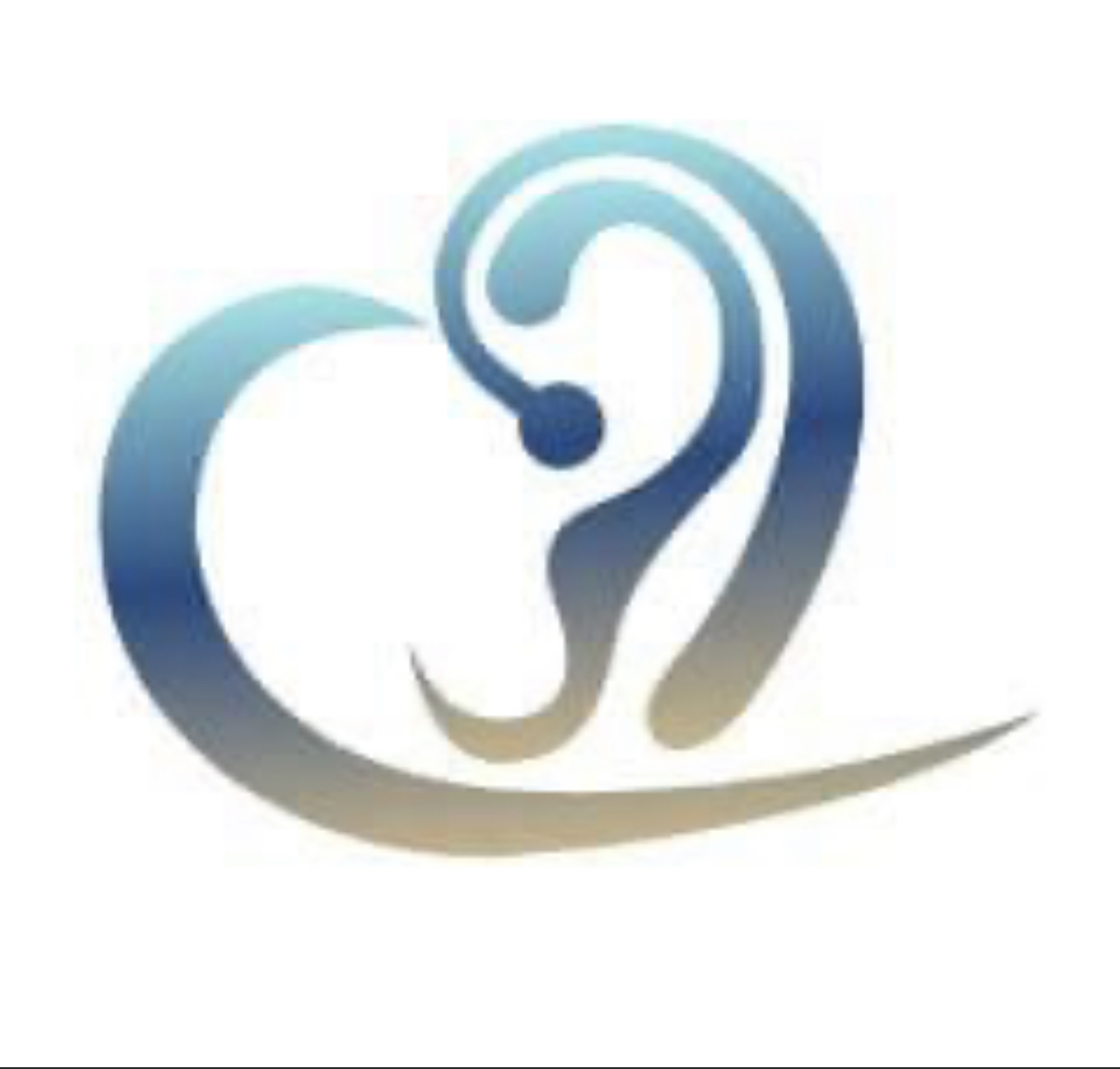Tips for Keeping Your Hearing Aids in Top Condition
- OPTIMUM HEARING CARE

- May 5, 2025
- 3 min read
Maintaining your hearing aids is essential to ensure they provide optimal performance. Just like any other electronic device, hearing aids require regular care and attention to function properly. By following a few simple tips, you can prolong their lifespan and enhance your listening experience. In this blog post, we will discuss effective hearing aid maintenance strategies, including cleaning, storage, and monitoring for damage.
Hearing Aid Maintenance
Proper hearing aid maintenance begins with cleaning. Regular cleaning helps remove dirt, wax, and moisture that can hinder performance. Here are some effective cleaning tips:
*Daily Cleaning: Use a soft, dry cloth to wipe your hearing aids each day. This will help remove any debris or earwax.
*Weekly Deep Cleaning: Take your hearing aids apart, if possible, and clean each component carefully. Depending on the model, use a specialized brush or a cleaning kit provided by your audiologist.
*Avoid Water: Hearing aids are sensitive to moisture. Stay clear of water while showering or swimming. If your hearing aids do get wet, dry them immediately using a soft cloth and consult with your audiologist.

Storage of Hearing Aids
The way you store your hearing aids can significantly impact their longevity. Here are some tips:
*Use a Drying Container: To absorb moisture, consider investing in a hearing aid drying container. This is especially useful in humid environments.
*Keep Away from Heat: Avoid storing hearing aids in direct sunlight or near heat sources, as this can damage the internal components.
*Designated Storage Location: Create a specific location for your hearing aids when they're not in use. This will help you avoid losing them and keep them safe from damage.

Can a Broken Hearing Aid be Repaired?
Often, minor issues can be resolved without professional help. For instance, if your hearing aid isn't turning on, check the battery first. Ensure it is fresh and correctly inserted. Similarly, if there is a loss of sound, it is worth cleaning the receiver.
However, there are more complex issues that may require assistance from an expert. If you're experiencing persistent problems like distortion or battery drainage, it might be necessary to reach out for professional hearing aid repair services. Regular maintenance at this level can save you from costly replacements down the line.

Regular Auditory Check-ups
It’s essential to schedule regular check-ups with your audiologist. These appointments can help you monitor the performance of your hearing aids and catch any potential issues before they escalate. Here are some tips for your check-ups:
*Frequency: Ideally, you should see your audiologist once a year. However, if you experience any changes in hearing, you should schedule an appointment sooner.
*Bring Your Hearing Aids: Always bring your hearing aids to these appointments. Your audiologist will want to examine them and may perform necessary adjustments.
*Ask Questions: Don’t hesitate to ask questions regarding maintenance or upgrades. Understanding your devices can empower you to make better choices.
Understanding Battery Life and Replacement
Batteries are crucial for the operation of hearing aids. Knowing when and how to replace them can improve functionality.
*Types of Batteries: Familiarize yourself with the type of batteries your hearing aids require. Options include zinc-air batteries and rechargeable batteries. Each has its replacement protocols.
*Monitoring Battery Life: Many hearing aids have an indicator to show battery levels. Be mindful of these signals and regularly replace batteries to avoid sudden outages.
*Proper Disposal: When disposing of hearing aid batteries, ensure you do so in an environmentally friendly way. Many recycling programs specifically accept these batteries.
Final Thoughts on Hearing Aid Care
Proper hearing aid care is key to ensuring you get the best experience from your devices. By implementing regular maintenance, correct storage, and routine check-ups, you can significantly extend the lifespan of your hearing aids. Troubleshooting minor issues on your own and knowing when to seek help are both critical aspects of ownership. Remember, investing a little time in maintenance can lead to significant benefits.
Maintaining your hearing aids doesn’t have to be overwhelming. Follow these tips, and you'll keep your devices running smoothly for years to come. Embrace the sounds around you and enhance your quality of life!








Comments